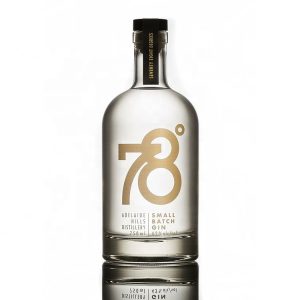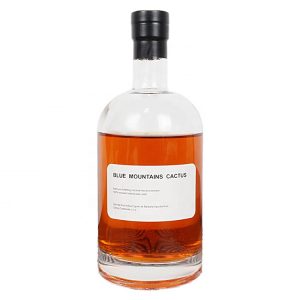Plastic bottles have a significant and detrimental impact on marine life due to their widespread use and improper disposal. Here are some ways plastic bottles impact marine ecosystems:
- Entanglement: Plastic bottles and their caps can end up in the ocean, where they pose entanglement risks to marine animals. Sea turtles, birds, seals, and other marine creatures can get entangled in plastic debris, leading to injuries, suffocation, or even death.
- Ingestion: Marine animals, particularly fish, seabirds, and marine mammals, mistake plastic bottles and other plastic debris for food. They may ingest small plastic particles or whole bottle fragments. Ingested plastic can cause internal injuries, blockages in the digestive system, and lead to malnutrition, as plastic provides no nutritional value.
- Toxic Chemicals: Plastic bottles can leach toxic chemicals into the water over time, especially when exposed to sunlight and seawater. These chemicals can accumulate in the tissues of marine animals that ingest them, potentially leading to health issues and impacting the entire food chain.
- Microplastic Pollution: Over time, plastic bottles break down into smaller pieces known as microplastics. These tiny particles are highly pervasive in marine environments and can be ingested by small marine organisms, including plankton, which form the basis of marine food webs. As microplastics move up the food chain, they can accumulate in larger predators, magnifying the potential harm.
- Habitat Destruction: Plastic bottles and other debris can smother and damage fragile marine habitats, such as coral reefs and seagrass beds. This habitat destruction can have cascading effects on marine biodiversity and ecosystem health.
- Chemical Contamination: Plastic bottles can absorb and accumulate pollutants from the surrounding water, concentrating toxic substances on their surfaces. When marine animals come into contact with these contaminated plastics, they may be exposed to a higher concentration of harmful chemicals.
- Transportation of Invasive Species: Plastic bottles can serve as transportation vessels for invasive species. Organisms can attach themselves to floating plastic debris, allowing them to travel long distances and potentially disrupt ecosystems in new areas.
- Impact on Fisheries: Plastic pollution can affect commercial fisheries and the fishing industry. Floating plastic debris can damage fishing gear, and the ingestion of plastic particles by fish can lead to reduced catch quality and potential impacts on human health through the consumption of contaminated seafood.
To address the impact of plastic bottles on marine life, efforts are needed to reduce plastic waste, improve waste management practices, promote recycling, and develop more sustainable alternatives for beverage packaging. Reducing plastic consumption, proper disposal, and recycling are critical steps to protect marine ecosystems and the species that depend on them.







